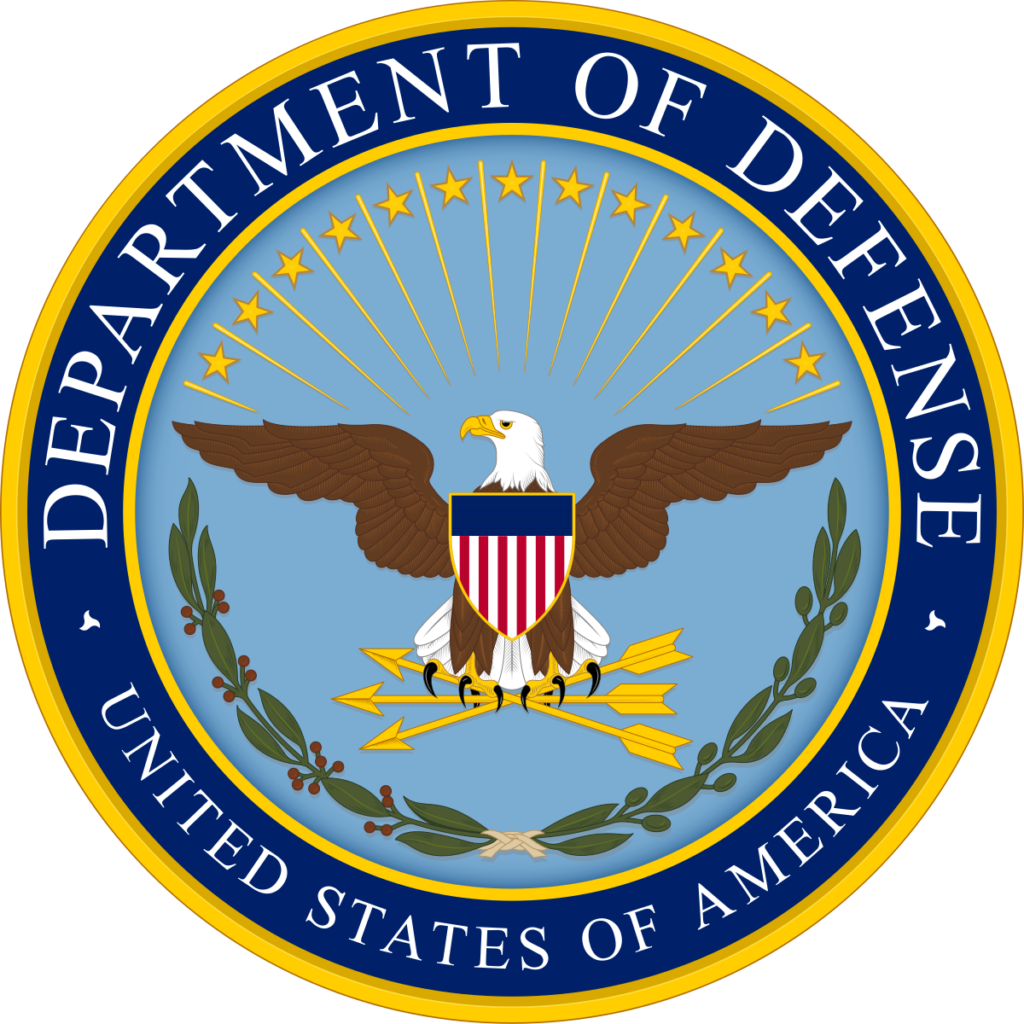The Senate Armed Services Committee has mandated a comprehensive evaluation of the defense applications of blockchain, acknowledging its potential to improve cryptographic integrity
The most recent draft of the National Defense Authorization Act (NDAA) for fiscal year 2025 by the U.S. House Armed Services Committee contains substantial provisions about investigating blockchain technology’s potential applications in national security and defense.
The full House was presented with a draft that the committee had approved, and the Senate Armed Services Committee then advanced it to the Senate floor on July 9.
It asserts that,
“The committee acknowledges the potential uses of blockchain technology for broader national security purposes within the defense landscape.”
The initial recognition of blockchain technology within national defense legislation was indicated by the first mention of it in the NDAA in the fiscal year 2018. Two blockchain-related amendments were incorporated into the annual defense spending measure by the U.S. House of Representatives that year.
These amendments instructed the Department of Defense (DoD) to investigate blockchain technology’s potential offensive and defensive cyber capabilities and provide a report within 180 days.
The Department of Defense (DoD) successfully met this requirement by generating a report that evaluated the cyber-attack vulnerabilities of critical infrastructure networks and the U.S. Government, as well as the cybersecurity capabilities of blockchain. This suggested a heightened government interest in applying blockchain technology for cybersecurity and supply chain management.

Blockchain Technology for Defense
The Senate Armed Services Committee has maintained its investigation of the potential of blockchain technology for national security and defense applications this month.
In recognition of blockchain’s potential to improve data integrity, reduce the risk of data manipulation by adversaries, and enhance the cryptographic integrity of defense supply chains, the committee’s FY 2025 NDAA report includes directives related to blockchain.
The Secretary of Defense has been directed to examine the potential applications of blockchain technology in the context of national security objectives. The primary emphasis will be collecting secure, transparent, accountable, and auditable data regarding supply chains. By April 1, 2025, a briefing on these applications is necessary.
The purpose of this briefing is to address several critical topics:
- An evaluation of the advantages and disadvantages of incorporating blockchain technology into supply chain management.
- Examine the present state of blockchain adoption within the Department of Defense and the defense industrial base.
- A strategy for pilot programs or research initiatives that investigate the potential of blockchain technology in national security applications, including cybersecurity and supply chain management.
- An examination of foreign countries’ research and development initiatives, with a particular emphasis on China and Russia, in the context of blockchain technology.
- Organizational recommendations to promote blockchain development within the Department of Defense, including the feasibility of establishing a coordinating office or center of excellence.
- Suggestions for legislative or regulatory actions to improve the transparency and audibility of the supply chain by utilizing blockchain technology.
The Department of Defense had previously been investigating blockchain applications, which culminated in a 2024 contract with blockchain startup Constellation. This initiative represented a substantial advancement in the application of blockchain technology to improve the cybersecurity of backend systems and ensure the secure transmission of data among commercial airlift partners of the Defense Transportation System.
The Use of Bitcoin for Criminal Purposes
The Department of Defense may soon incorporate Bitcoin into its strategic initiatives and its ongoing investigation of blockchain applications. In his book “SoftWar: A Novel Theory on Power Projection and the National Strategic Significance of Bitcoin,” Jason Lowery disclosed that members of Donald Trump’s campaign administration have requested his expertise on Bitcoin.
Lowery has emphasized the potential of Bitcoin to contribute to national security and has suggested the establishment of a “US Hash Force” that would include agencies such as the Department of Energy (DoE) and the Department of Defense (DoD). More specifically, he recommends that the US Cyber Command (USCYBERCOM) or the US Strategic Command (USSTRATCOM) establish a Combined Hash Force Component Command (CHFCC).
This initiative would entail a partnership with FVEYE and NATO nations to mitigate the digital warfare initiatives of adversaries like China and Russia. This proposition is consistent with the Senate Armed Services Committee’s directive to examine blockchain use cases for national security, demonstrating a broader governmental interest in utilizing blockchain technology for cybersecurity and defense.
The current administration’s role in the military’s adoption of blockchain technology
The Senate Armed Services Committee’s most recent directive underscores the increasing recognition of blockchain’s potential in military and defense applications. Plans for pilot programs, assessments of the benefits and risks of blockchain for supply chain management, analyses of its current adoption in industry and by foreign countries, and feasibility and cost estimates are all part of the committee’s proactive posture.
This developing investigation indicates a strategic initiative utilizing blockchain technology to optimize national security and defense capabilities.
The current government has played a significant role in promoting the adoption of blockchain technology within the defense sector even though the SEC has been permitted to regulate through enforcement. The government has established the foundation for integrating blockchain technology into national security and public service operations through legislative actions, strategic contracts, and cross-agency initiatives.
The Senate’s directive to investigate blockchain technology for military applications, the House’s passage of the FIT 21 bill, and the adoption of military contracts with blockchain companies all suggest solid legislative support for blockchain technology in this field.
Nevertheless, the Democrats’ future of digital assets operating on blockchain is less apparent than that of the Republicans, who are adhering to the new RNC platform for 2024.
